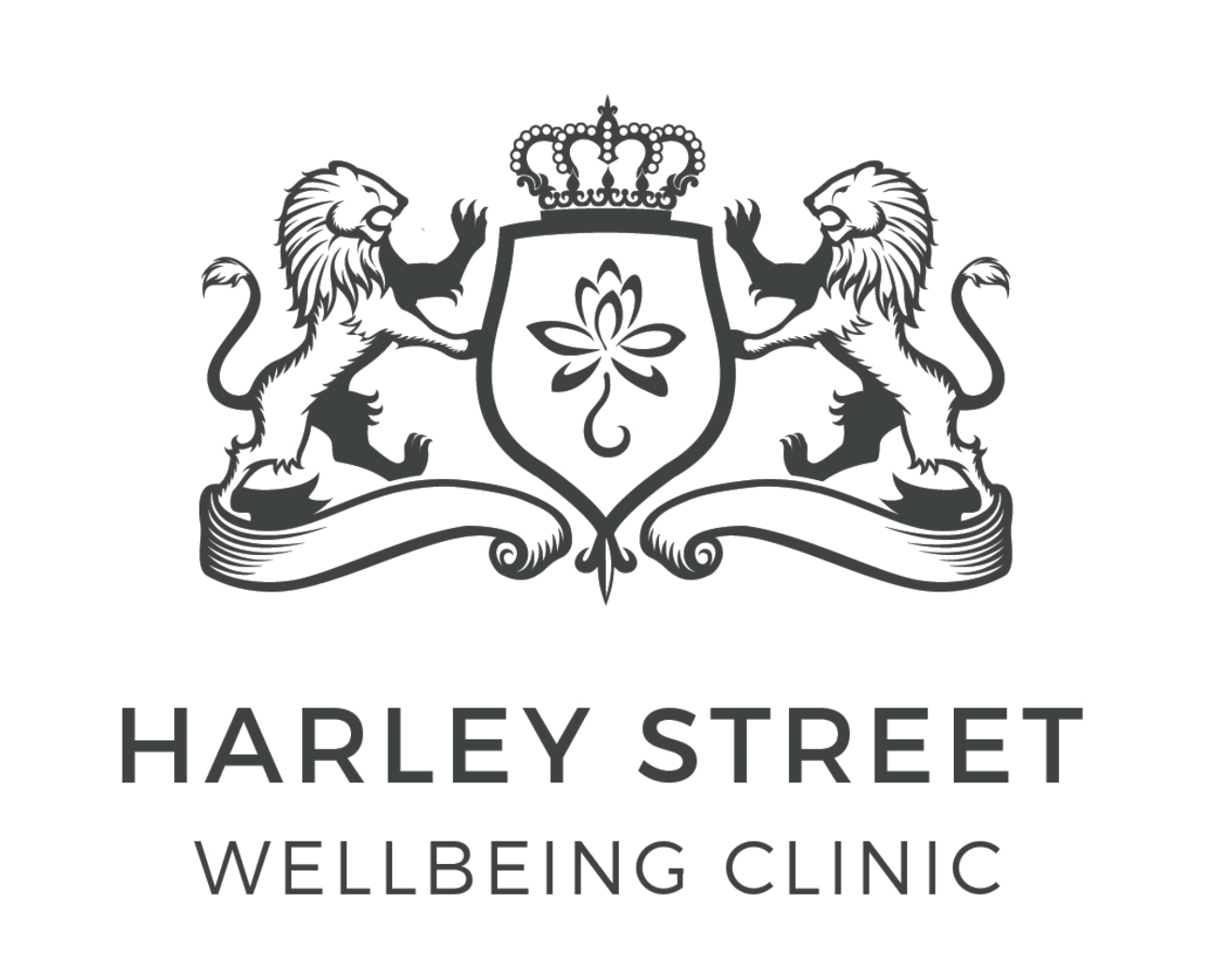The hazards of bad sleep — early predictors of alcohol and cannabis use
/Scientists have discovered a possible link between sleep habits and early substance abuse. Sleep duration and quality during late childhood seem to predict alcohol and cannabis use later.
“Treating problems with drugs and alcohol once they exist and preventing them can be challenging, and we are always looking for modifiable risk factors,” says Brant P. Hasler, assistant professor of psychiatry and psychology at the University of Pittsburgh. “Doing what we can to ensure sufficient sleep duration and improve sleep quality during late childhood may have benefits in terms of reducing the use of these substances later in life.”
For the study, published in the journal Drug and Alcohol Dependence, researchers analyzed 186 boys from western Pennsylvania whose mothers completed the Child Sleep Questionnaire as part of a larger longitudinal study of low-income boys examining factors associated with vulnerability and resilience. Based on questionnaire results from when the boys were 11 years old, their sleep time and sleep quality were calculated. At ages 20 and 22, the young men were interviewed about lifetime cannabis and alcohol use.
After accounting for race, socioeconomic problems, neighborhood danger, self-regulation, and internalizing and externalizing problems, both sleep duration and sleep quality at age 11 were associated with early substance use throughout adolescence.
The study participants who slept the least, compared to the participants who slept the most, were more likely to report earlier use, intoxication, and repeated use of both alcohol and cannabis. Every hour less of sleep at age 11 was associated with a 20 percent acceleration to the first use of alcohol and/or cannabis.
Worse sleep quality was associated with earlier alcohol use, intoxication, and repeated use. Worse sleep quality was also associated with earlier cannabis intoxication and repeated use, but not first use.
“After considering other possible influences, we were able to determine that sleep problems are preceding the substance use problems,” Hasler says. “Addressing sleep may now be something we can add into the package of our substance abuse prevention and treatment efforts.”
The National Institutes of Health funded the work.
Source: University of Pittsburgh








